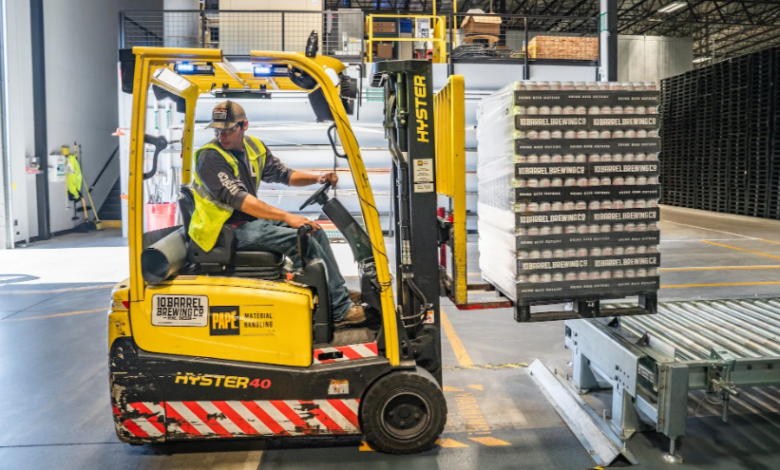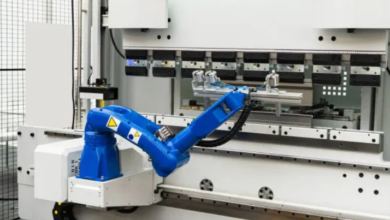The Importance of Conveyor Rollers in Modern Material Handling

In today’s fast-moving industrial world, efficiency and reliability are the key factors that define success. Whether in warehouses, manufacturing units, airports, or distribution centers, the smooth movement of goods is essential to maintain productivity. This is where Conveyor Rollers play a crucial role. These seemingly simple components form the backbone of modern material handling systems, ensuring goods move effortlessly from one point to another.
What Are Conveyor Rollers?
Conveyor rollers are cylindrical components that help move materials along a conveyor belt or system. They are mounted in series within a frame and can handle various types of products—ranging from lightweight packages to heavy industrial goods. Conveyor rollers come in many types and materials, including plastic, stainless steel, and rubber-coated options, depending on the specific application.
Unlike traditional methods that rely on manual handling, roller conveyors reduce labor costs and minimize the risk of damage or injury. They are commonly found in industries such as food processing, automotive, packaging, and logistics.
Types of Conveyor Rollers
Different industries require different types of rollers to meet specific operational needs. The most common types include:
- Gravity Rollers – These operate without power and rely on gravity or manual force to move items. They’re perfect for light-duty applications and short-distance material transfer.
- Powered Rollers – Equipped with a motorized mechanism, powered rollers can handle continuous movement, ideal for large-scale or automated systems.
- Tapered Rollers – Used for curved conveyor sections, these rollers maintain consistent item orientation and prevent slippage during turns.
- Impact Rollers – Designed for areas where materials are loaded with force, impact rollers feature rubber coatings to absorb shock and prevent damage.
- Grooved Rollers – These allow for the addition of drive belts, making them suitable for synchronized movement across multiple rollers.
Each roller type serves a distinct purpose, and choosing the right one depends on the product weight, speed requirements, and environmental conditions.
Benefits of Using Conveyor Rollers
Implementing conveyor roller systems brings numerous advantages to businesses:
- Enhanced Efficiency: Automated roller conveyors streamline material flow, reducing manual handling and improving overall productivity.
- Cost Savings: Lower labor costs and reduced downtime result in long-term savings.
- Durability: High-quality rollers are built to last, offering low maintenance and reliable performance.
- Versatility: Conveyor rollers can be customized in size, material, and configuration to fit nearly any industry’s needs.
- Safety: By reducing human intervention, roller conveyors minimize the risk of workplace injuries.
See also: Applications of RGB Laser Module in Modern Technology
Choosing the Right Conveyor Roller Supplier
Selecting a reliable supplier for conveyor rollers is vital for long-term performance. Look for companies that offer durable materials, customization options, and responsive customer support. A good supplier will also provide guidance on installation, maintenance, and replacement parts to ensure continuous operation.
Additionally, partnering with a trusted manufacturer helps ensure that your conveyor system meets the required load capacity, environmental resistance, and operational speed for your business.
Final Thoughts
In the world of material handling, conveyor rollers are more than just components—they are critical elements that keep production lines moving smoothly and efficiently. From light-duty warehouse operations to heavy-duty manufacturing processes, the right roller system can make a significant difference in performance, safety, and cost-effectiveness.
Whether you’re upgrading an existing conveyor or building a new one, investing in high-quality conveyor rollers is a smart step toward achieving operational excellence and long-term reliability.



